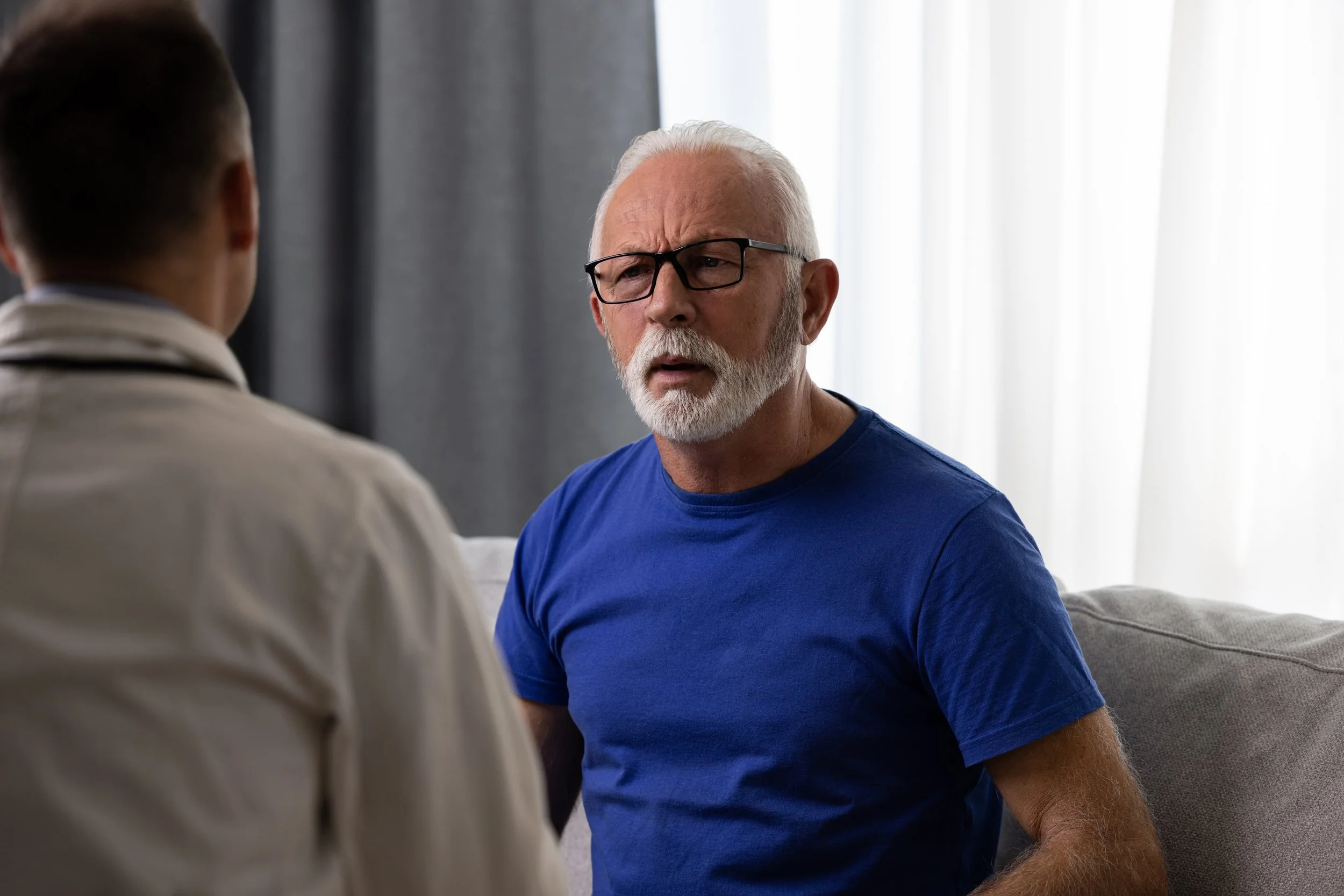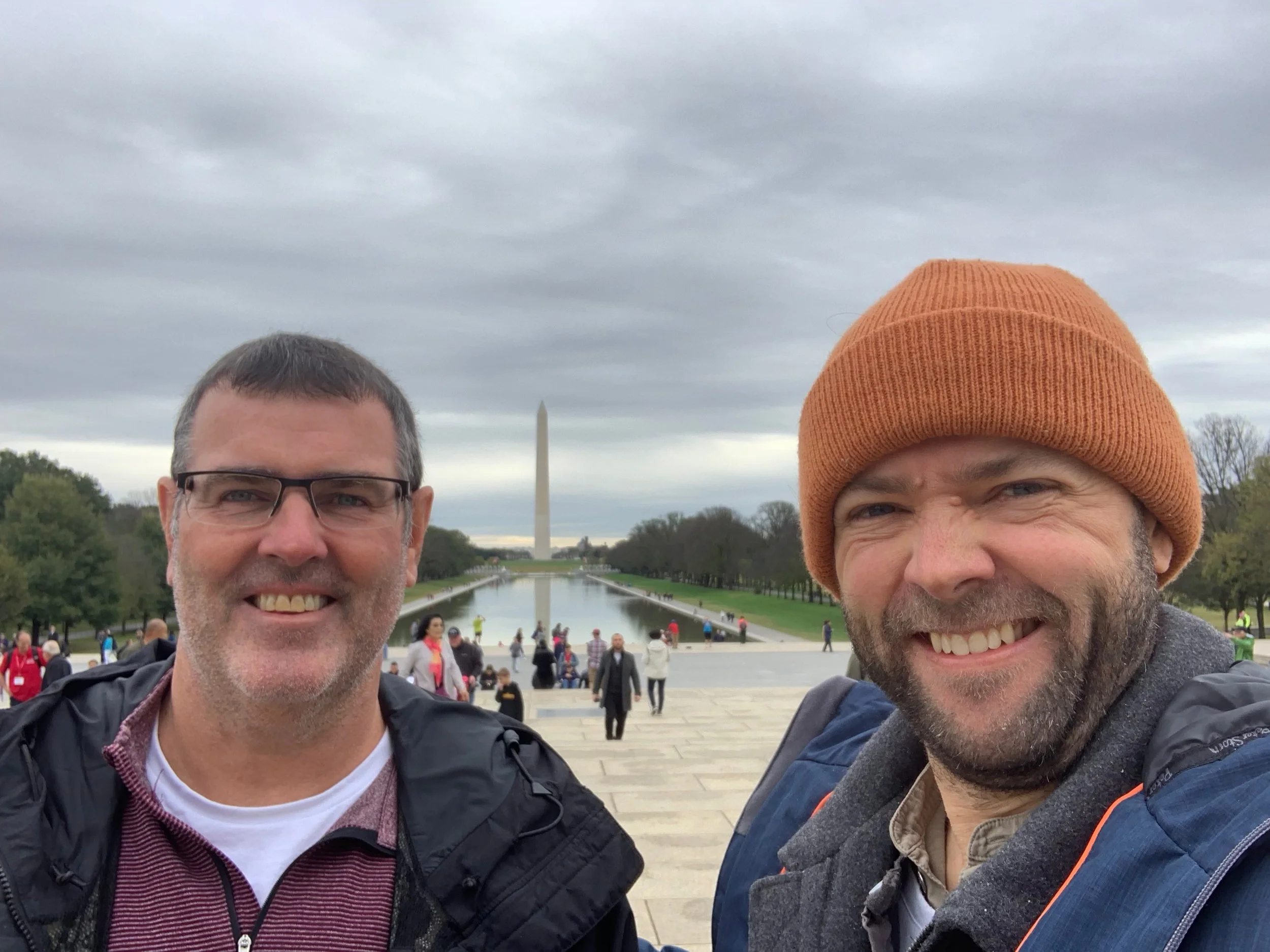
The Quiet Problem With CPD: We Do It Alone
Modern medical CPD is peculiar. We practise medicine in teams, yet most CPD happens in isolation.
We sit at home watching modules, ticking boxes, uploading certificates, writing reflections into empty text boxes that nobody else will ever read. Even when the learning is good, it is oddly detached from the social reality of medicine — the corridor conversations, the quick debriefs, the “what would you have done?” moments that actually shape how we think.

We are here for you
In theory, CPD should be one of the most empowering parts of being a doctor. It is meant to help you reflect, improve, grow, and shape the kind of clinician you want to become. In practice, for many doctors, it feels like a lonely bureaucratic exercise carried out in the dark, with a form on one screen and anxiety on the other. The problem is not that doctors are unmotivated. The problem is that most CPD systems provide almost no meaningful support.
Osler was built to solve that problem.

Before the First Test Is Ordered: How Framing Shapes Diagnosis
Long before a doctor meets a patient, a story has already begun.
It might start as a triage line—“young anxious woman with chest pain.”
It might come through in a referral—“frequent flyer with abdo pain.”
It might be embedded in a past note—“opioid-seeking,” “non-compliant,” “known to psych.”
By the time the clinician enters the room, that story is already doing cognitive work.

The Power of SMART Goals - Embracing Success through Well-Defined Objectives
Navigating the complexities of medical practice while managing personal career growth can be daunting. One of the key tools at your disposal for ensuring continual growth and success is the development of SMART goals. But what makes some goals succeed while others falter? Often, the difference lies in how these goals are structured.

New Year, Same CPD? Or This Year, Done Better.
Every January brings a familiar ritual in medicine. New rosters. New terms. New diaries. And, sitting quietly in the background, CPD — waiting to either become a smooth, almost invisible part of your professional life… or a low-grade source of stress that flares up every few months.

Beating Procrastination and Burnout: Making CPD Work for You in 2026
For many doctors, Continuing Professional Development (CPD) becomes a last-minute scramble as deadlines loom. Recent data from Osler revealed that nearly 26% of CPD activities are logged in the final two months of the year. It’s a common cycle of procrastination, but one that can lead to stress and burnout.
The good news? There are ways to break the cycle and make CPD more manageable, even enjoyable. Here’s how you can set yourself up for CPD success in 2026.

Introducing Practical Health Law on Osler
There are moments early in your medical career when you realise that clinical knowledge alone isn’t enough.
You’re asked to complete a death certificate for the first time. A nurse wants to know whether a death needs to be reported to the Coroner. A patient asks who can see their records. You’re unsure whether a teenager can consent to treatment without a parent present. Someone hints at domestic violence, and you’re not certain what your legal obligations are.
None of these questions feel abstract — they arise quietly, often late in the day, and usually without warning.

When Our Feelings Think for Us: The Quiet Power of the Affect Heuristic in Diagnosis
Most doctors like to believe that our decisions are built on evidence, logic, training, and experience. We know that emotion plays a role in patient care—compassion, empathy, moral distress, the weight of responsibility—but very few of us like to imagine that emotion also shapes diagnosis.

The One Question Every Doctor Should Ask Themselves in December
December always arrives with its peculiar mix of relief and fatigue. The wards feel a little thinner, the rosters a little stranger, and the scent of end-of-year anticipation hangs in the air—mingled, for many of us, with the unmistakable twinge of CPD anxiety.

A Love Letter to Coffee
There are many hundreds drugs circulating through a hospital at any given moment, but only one has helped more careers, steadied more trembling hands, and soothed more existential crises than the rest combined. Let's face it, coffee has probably helped save more lives than penicillin.

Why Junior Doctors Should Choose Osler as Their CPD Home in 2026
Every December and January, thousands of junior doctors find themselves in the same position: scrolling through CPD Home options, comparing costs, tallying requirements, and trying to guess which provider will make their life easiest over the next 12 months.

The Paradox of Expertise
In medicine, experience counts. It sharpens intuition, improves efficiency, and helps us recognise patterns that novices miss entirely. Yet the very qualities that make experience valuable can also make it dangerous.

Emotional Intelligence as a Clinical Skill (Not a ‘Soft Skill’)
Why EI, self-awareness and empathy are shaping the future of medical practice
The most powerful example of emotional intelligence I’ve seen wasn’t directed at a patient at all—it was directed at one of our own.

Learning Across Generations : What Juniors Teach Seniors
There was a moment I realised that teaching in medicine isn’t a one-way street.
It was a busy evening on call, and I was showing a junior doctor how to approach a central venous line. We talked technique, angle, feel, the small adjustments that only come after years of failure and success. As we cleaned up, he paused and said, “Hey, have you seen the new sepsis update? There’s a change in the recommendations for vasopressors”


Be Curious, Not Judgmental: What Ted Lasso Can Teach Doctors About Learning
In one of the most memorable scenes from Ted Lasso, the endlessly optimistic coach challenges Rebecca’s ex-husband Rupert to a game of darts. Rupert, smug and confident, assumes Ted is hopeless.

Alternative Pathways
When I left school, I never imagined I would end up as a doctor. My marks were high enough but I’d never really considered it seriously.
My first plan was to become a journalist. I had an interest in science, so I thought I might become a science teacher instead. Medicine wasn’t even on my radar until a conversation with a friend who was applying to medical school. When I looked at my own subject selections—physiology, biochemistry, anatomy, pathology—it suddenly seemed obvious. Seemingly out of the blue, I decided to give medicine a go. It turned out to be the best decision I ever made.

The Lifelong Learning Value of a Clinical Portfolio for Doctors
Medicine is a profession defined by change. New evidence emerges, guidelines shift, technologies evolve, and patient expectations grow. For doctors, the challenge is not just staying up to date, but making sense of a lifetime of experiences in a way that informs future practice. Without a structured approach, much of this learning risks being lost to memory. A clinical portfolio provides the scaffolding to capture, reflect on, and build from each stage of a doctor’s career.

I Want to Move to Australia – What Do I Do Now?
Australia consistently ranks as one of the world’s best places to live. With its outstanding healthcare system, lifestyle opportunities, and strong economic growth, it’s no wonder that many doctors see Australia as an ideal place to build a medical career.

The Courage to Be Vulnerable: Why Doctors Must Embrace Openness to Learn and Grow
True reflection requires honesty, and feedback only works if we are prepared to truly hear it. Vulnerability is the bridge that makes both possible. When we accept that imperfection is inevitable, feedback stops feeling like an attack and instead becomes a gift that enables growth.
